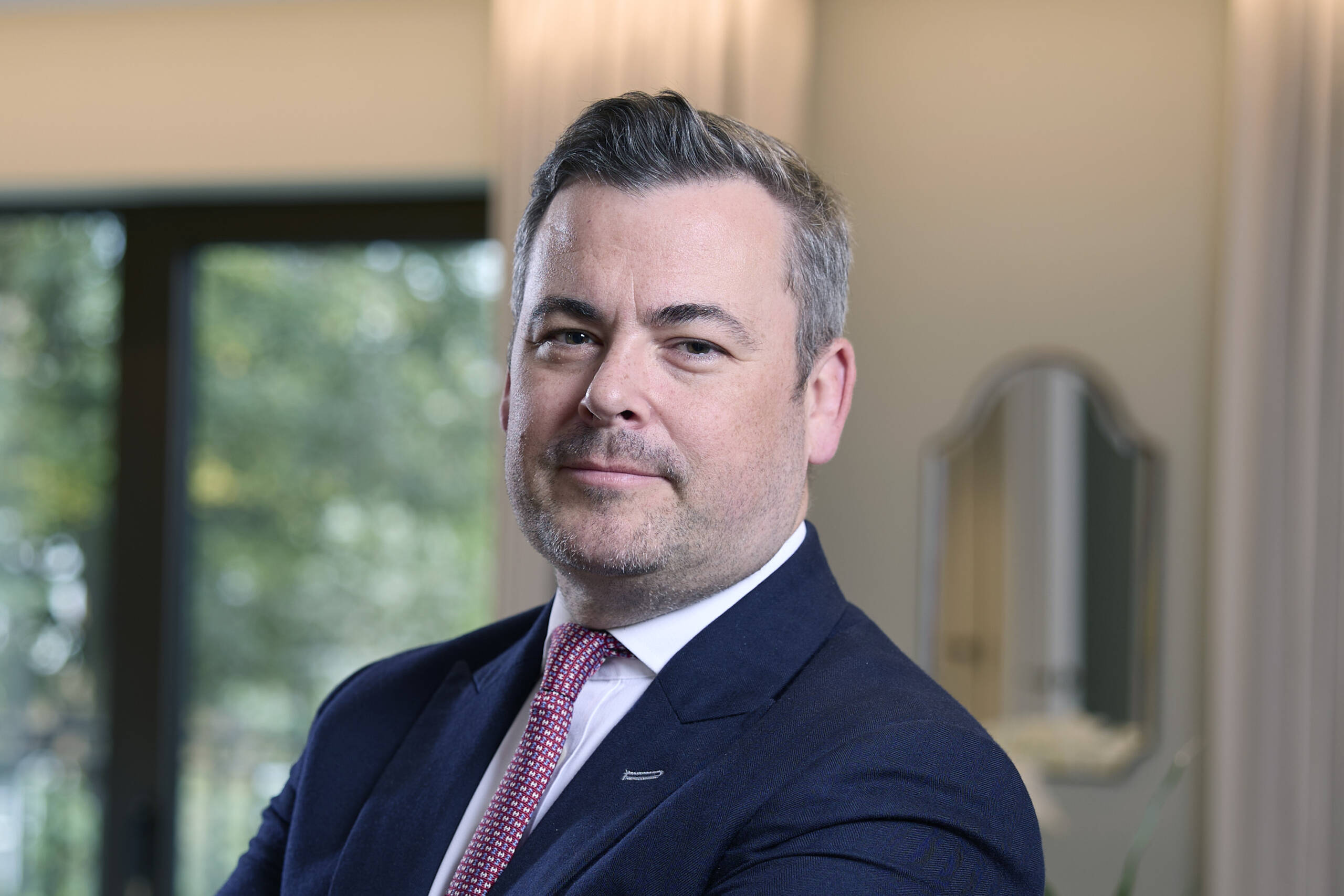
Henry Lumby, the Chief Commercial Officer at Auriens
Chief Commercial Officer at Auriens, Henry Lumby is developing a future in independent luxury later life living. Later living remains a nascent sector in the UK, trailing behind the models in South Africa, Australia and New Zealand. LUX talks to Lumby about his vision for independent later living in Auriens Chelsea
LUX: Property is often said to be a people business, how have you grown your network as your career has evolved?
Henry Lumby: I began my career in residential agency, which was a great base from which to start growing my network and developing a strong understanding of the residential market as a whole.
However, early exposure to later living developments sparked my interest and from then on, I was deeply committed to working within the sector and championing it in the UK, where it was very much in its infancy.
Follow LUX on Instagram: @luxthemagazine
My passion to change the way in which later living and retirement communities are seen in this country led me to look overseas, where the sector is much more mature. Through travel to Australia, Europe and the US, I was able to grow my network on a global scale and across the sector’s various fields, making connections in investment and development through to marketing and operation teams. I value all the connections I have made throughout my career and think collaboration and sharing of insights are key to the success and evolution of the sector.

The lobby at Auriens Chelsea, offering residents ‘a serviced, secure home that has all the benefits of a five-star hotel’
LUX: How did you leverage this range of experience to offer a model for investing in the later living sector?
HL: I benefited from working on the ground within later living developments early on in my career and from being able to pinpoint the shortcomings of the product and offer at that time. I was able to identify how the model needed to be adapted and improved upon, so that residents would be proud to call a later living community home and the alignment between investors and residents in later living communities would be improved.
Read more: A conversation with architect Thomas Croft
Some of my greatest learnings have come from meeting operators, funders and residents in overseas communities, but also through learnings during the early days of my career, many of which have been instrumental in the choices we have made at Auriens. For instance, our apartments incorporate taps that are specifically designed to be suitable for people with arthritis; I saw how successfully this had worked on a Dorset scheme delivered in 2010 and so included it in the specification for Auriens whilst I was a consultant for the development at Savills.
When working with Helical in a management consultancy position, I was preparing their Renaissance Villages product for sale to Legal & General and looked at innovations taking place within the Australian sector. Their focus on hospitality and a first-class service offering had proved very successful with residents and so I integrated that into the Renaissance Villages business model.
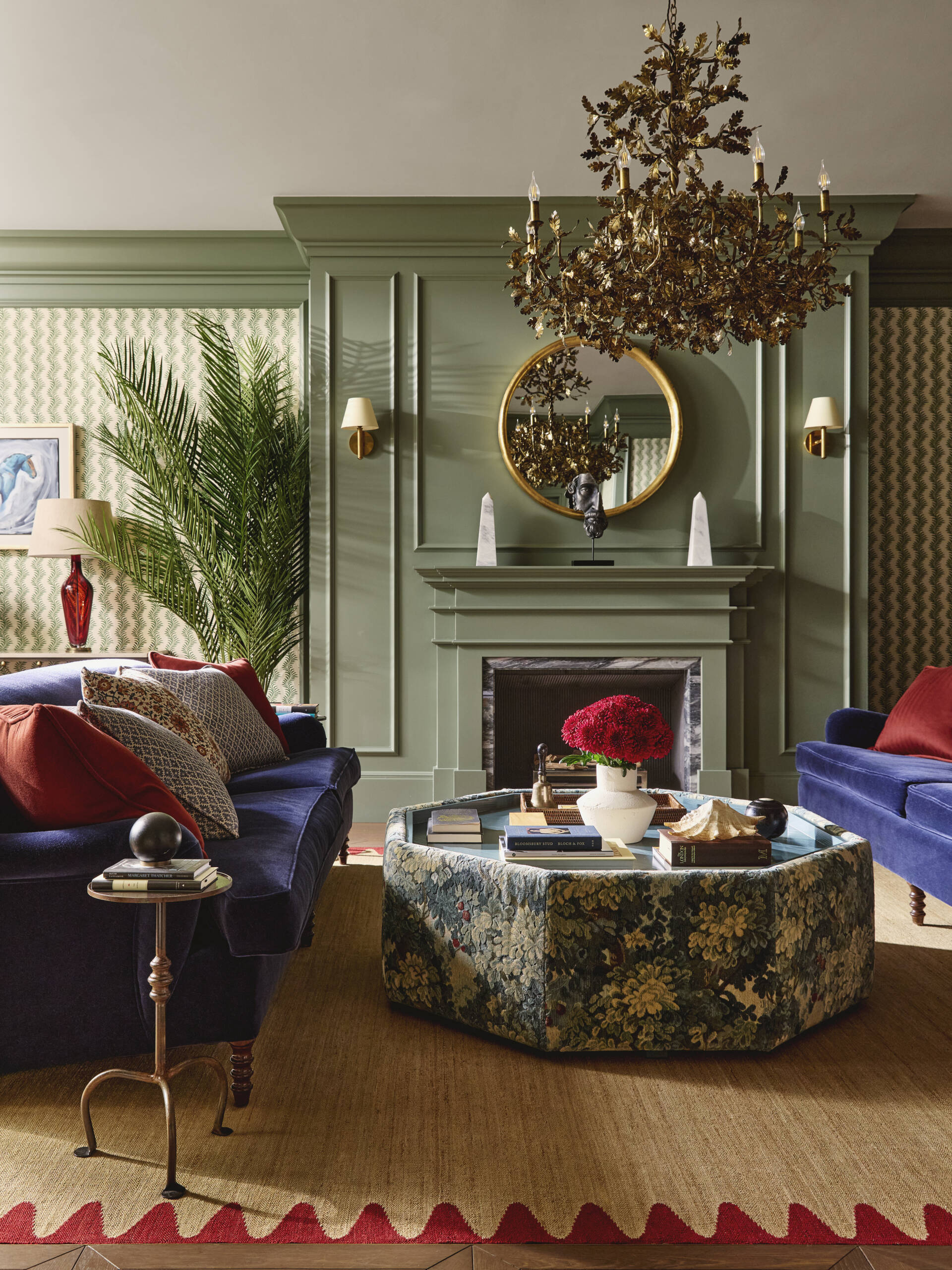
The residents lounge at Auriens Chelsea
LUX: Is there a successful formula for high end later living?
HL: To create a successful later living community, it must allow its residents to age in place and thrive whilst doing so. Operating at the higher end of the sector means that residents expect world-class amenities, seamless service and peace of mind that their homes and wider environment are being maintained to the very highest standards.
However, the most important aspects of our role are in the creation of a community at Auriens Chelsea and affording our residents an enviable lifestyle that they want to recommend to their friends. We strive to ensure that every aspect of our residents’ wellbeing is considered, from their mental and physical health to their social life, creating opportunities for them to naturally forge lasting relationships, both with other residents and also with the Auriens team.
Later living is still a nascent sector here in the UK, whereas overseas, particularly in South Africa, Australia and New Zealand, they have developed very well-established, successful models that the UK can follow and aspire to.
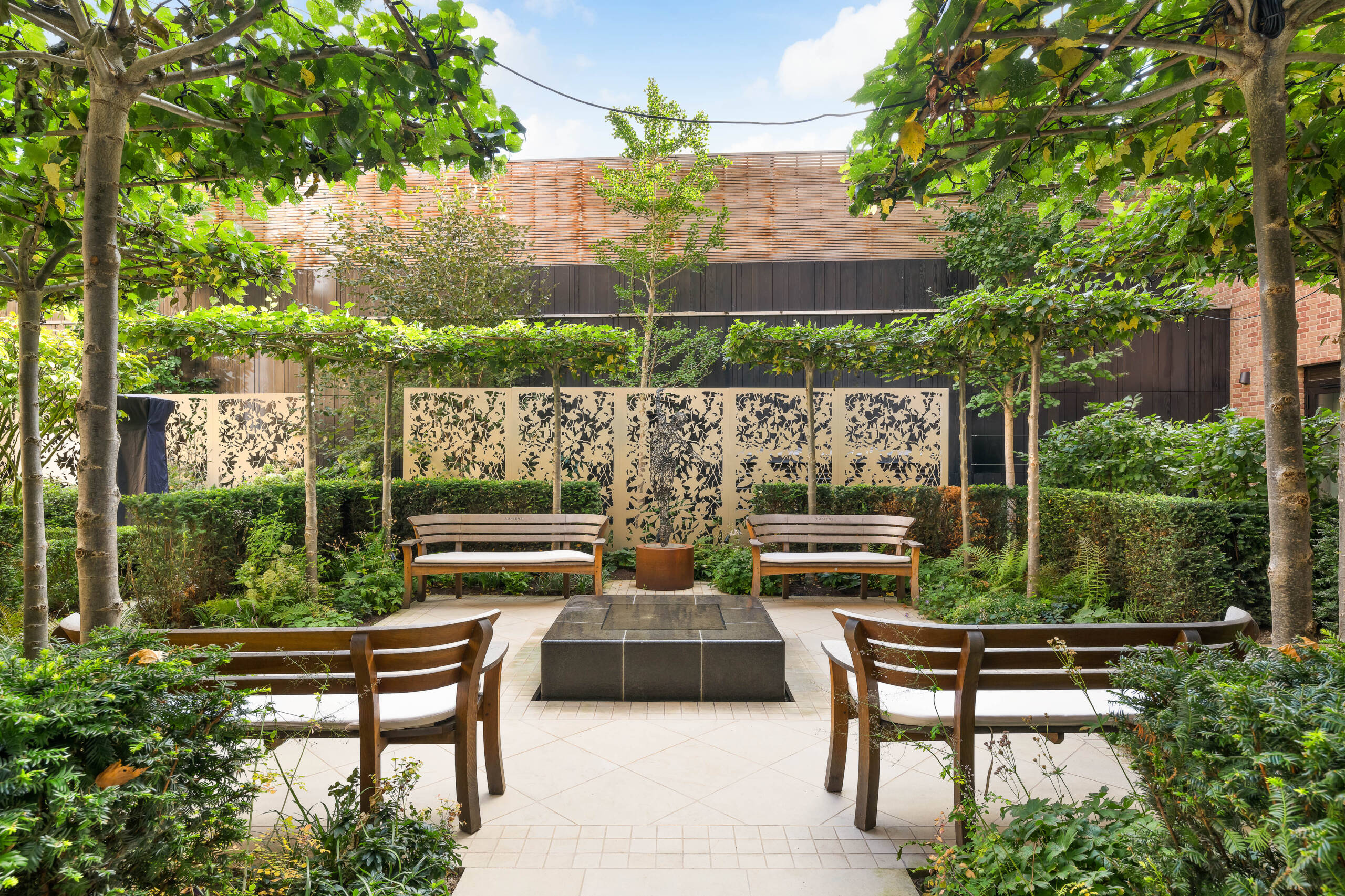
Auriens is located in the heart of London’s Chelsea village just behind the Kings Road
LUX: What does Auriens do differently to others in the sector?
HL: The wellbeing offering at Auriens Chelsea is second-to-none. We developed a pioneering program in partnership with the team at the Kyros Project, which is led by ex-athletes and top nutritionists, including Gideon Remfry, one of the top 25 trainers in the world according to Men’s Fitness, and Aidan Goggins, creator of the Sirtfood diet. All our residents are offered an assessment with the wellbeing team when they move in, who then create a completely bespoke fitness and nutritional plan that looks at all aspects of health including brain health, gut health, sleep and physical mobility. The results are truly remarkable. We are creating our very own blue zone!
Read more: Boca Raton Hotel and Resort review
We also offer care at various levels to our residents through Draycott Nursing & Care, an Auriens Group-owned company. Being able to scale our care offering and give residents complete convenience and flexibility supports our residents to age well in place.
Many later living communities in the UK only offer the chance to either purchase or rent an apartment, whereas at Auriens, we responded to market demand and adapted our model so that residents now have the choice of purchasing their apartment or long-term rental.
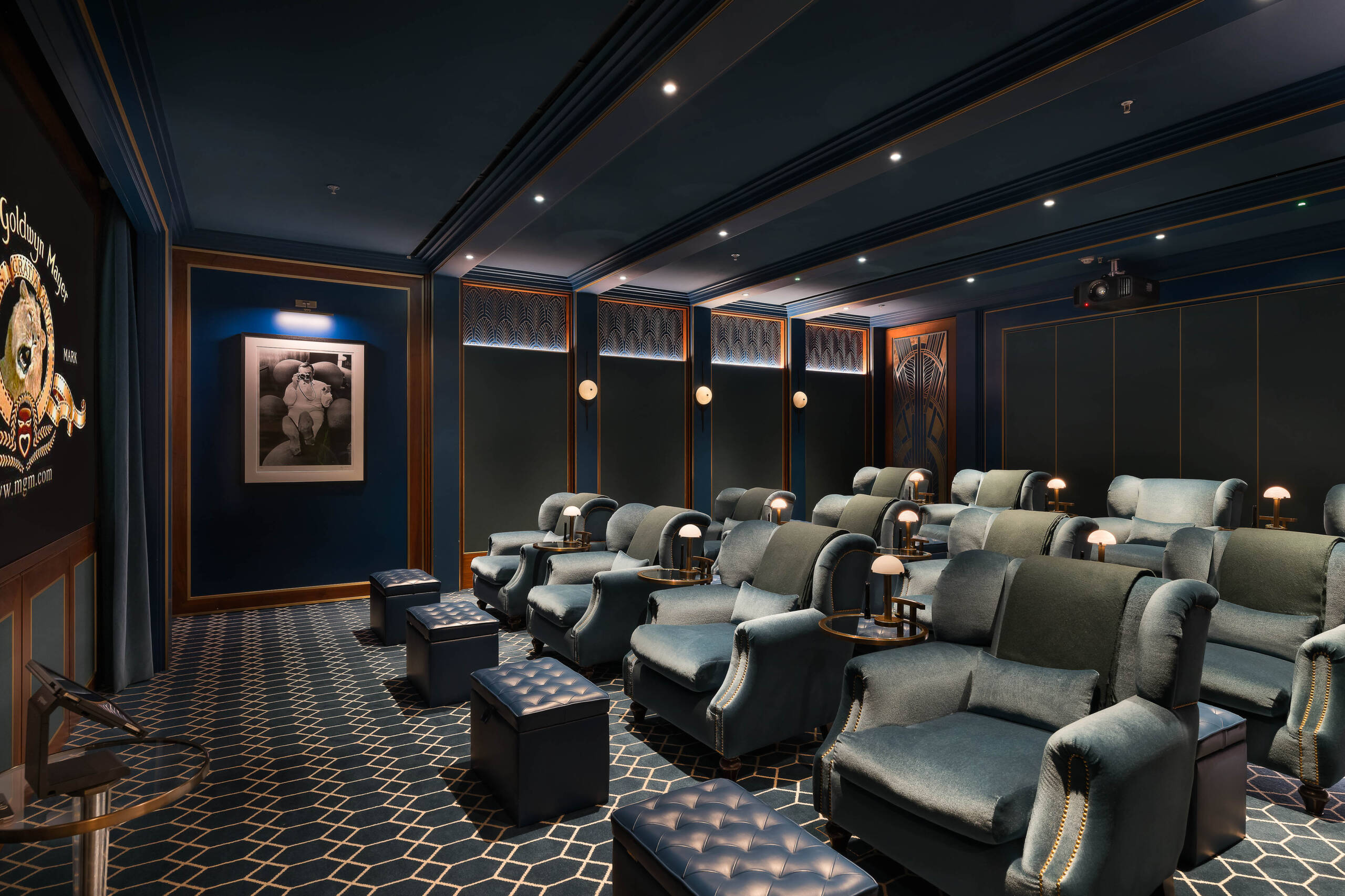
Auriens ensures that later life living is as comfortable as it is entertaining, providing residents with a luxury private cinema
Since introducing the purchase option we found that prospective residents want to make a long-term commitment and are far more familiar with home ownership. Additionally, our ‘try before you buy’ service is a very popular way to sample life at Auriens and the exceptional service and friendly community we offer.
LUX: Who do you most appeal to most in terms of buyer, demographic, needs, wants, etc.?
HL: Many of our buyers are local to the Chelsea area and want to stay here to be close to friends and family and to be part of the ‘community within a community’ at Auriens. Whilst they want to continue to live independently, their family homes have often become unmanageable and they are looking for a serviced, secure home that has all the benefits of a five-star hotel. We see a mix of single buyers and couples and most are aged over 70.
LUX: Let’s talk about location: how important is it to your purchasers and their families?

Residents enjoy luxury facilities, such as the pool and wellness area at Auriens Chelsea
HL: Location is very important to our buyers. We recently conducted a survey on what the older generation look for when moving home and the results showed that 64% of those aged over 65 highly value living near cultural or leisure attractions. Given that our residents are often moving from close-by, they know Chelsea very well and want to enjoy all the benefits that our location on Dovehouse Street, moments from the Kings Road, offers. The area is known for its excellent shopping, restaurants, cultural destinations and green spaces, as well as catering to practical needs with several leading hospitals found throughout the borough.
Read more: At the ICE St Moritz, the world’s most glamorous car show
LUX: What is to come for Auriens, are you looking to acquire more sites?
HL: It has been a successful start to 2025 at Auriens Chelsea, as we have recently agreed a number of apartment sales and rentals, demonstrating a strong sense of positivity and movement in the market. The wider Auriens Group is primed for growth this year and beyond, with strong financial backing in place and a dynamic leadership team that is committed to the scaling of our platform and expansion into new sites in the UK and potentially internationally. Plans for our second community are underway in Weybridge, Surrey, on a beautiful site adjacent to St George’s Hill private estate.

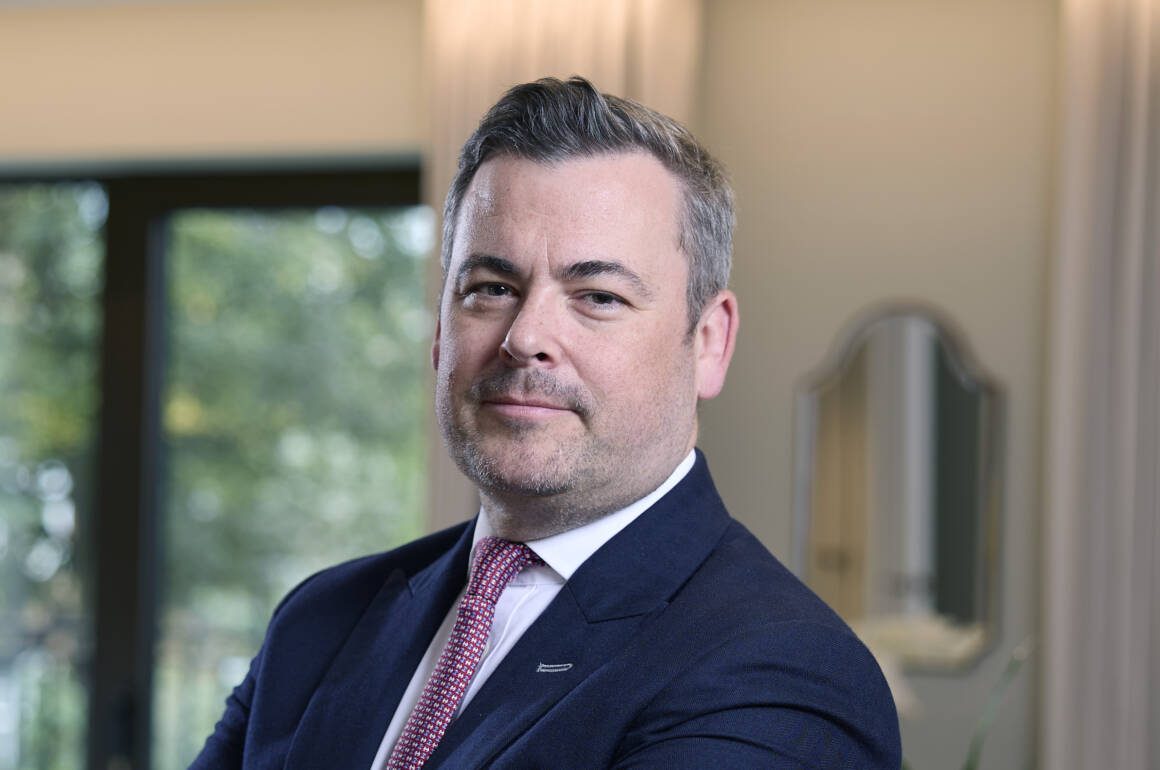
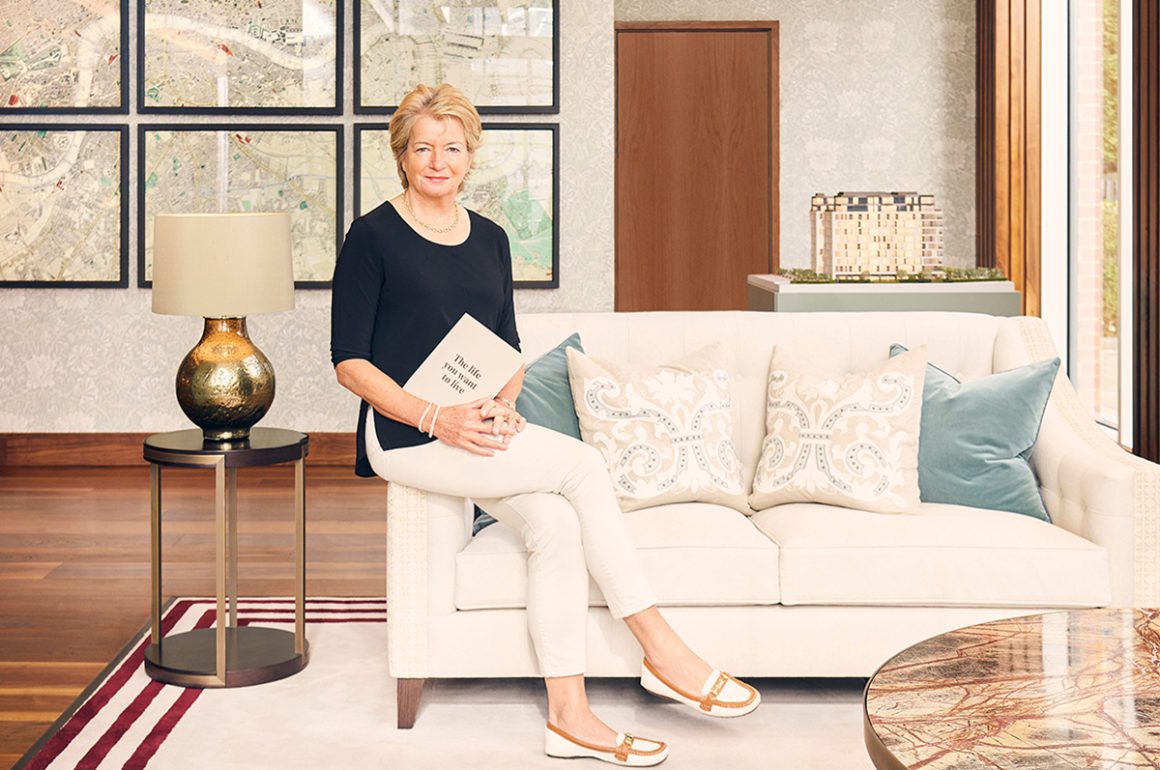
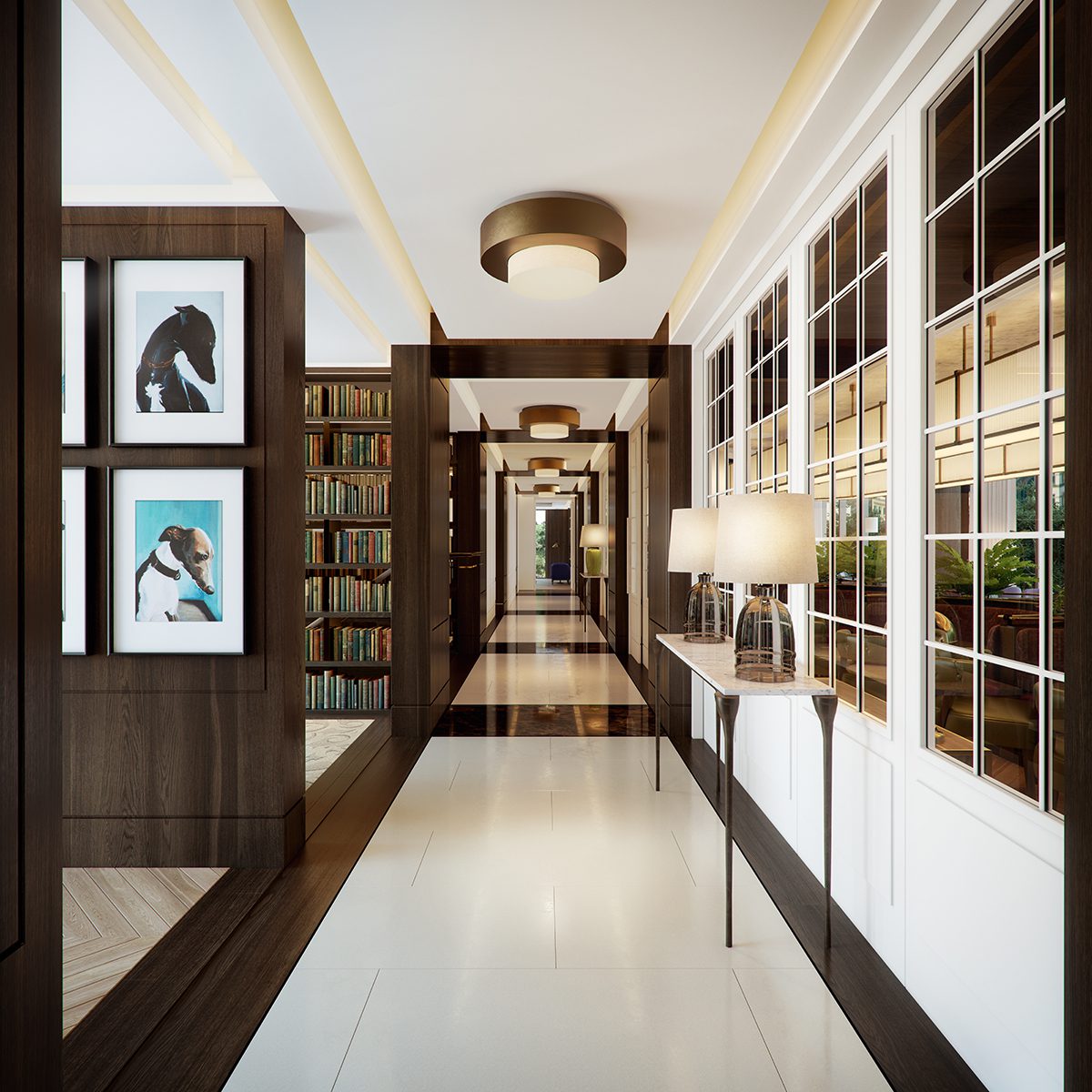
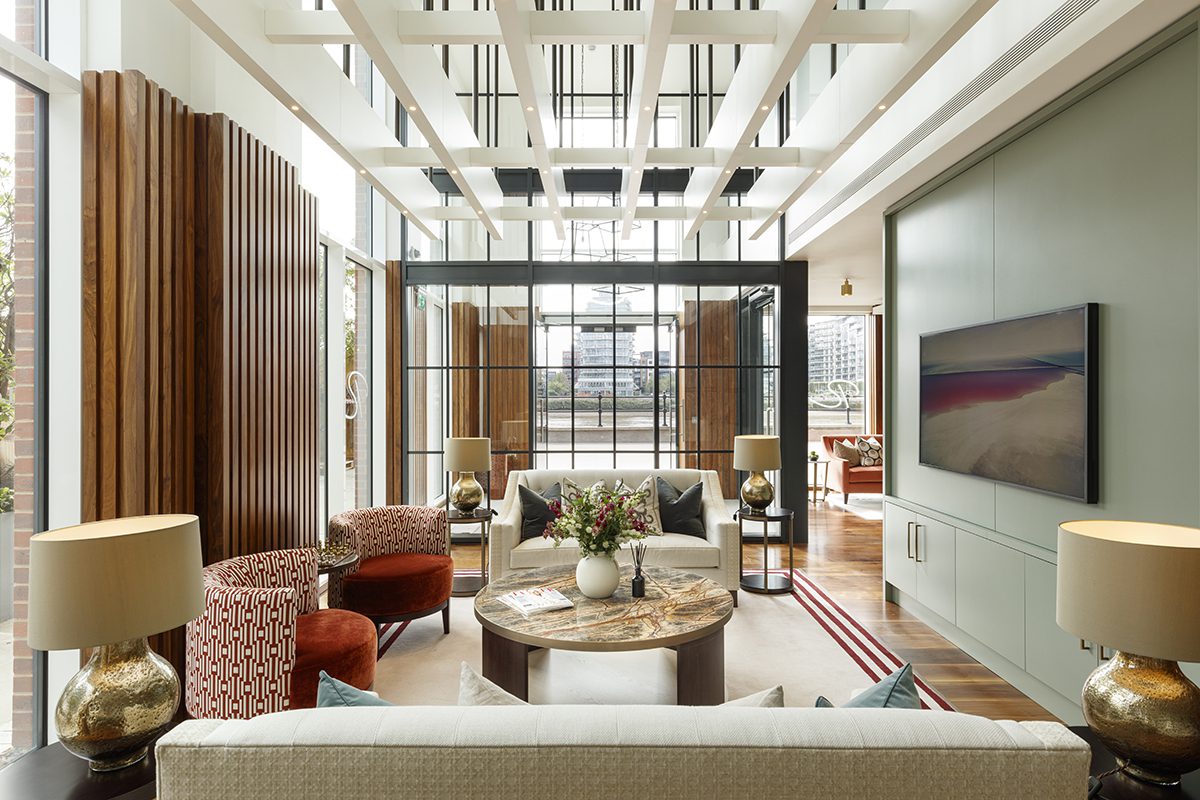
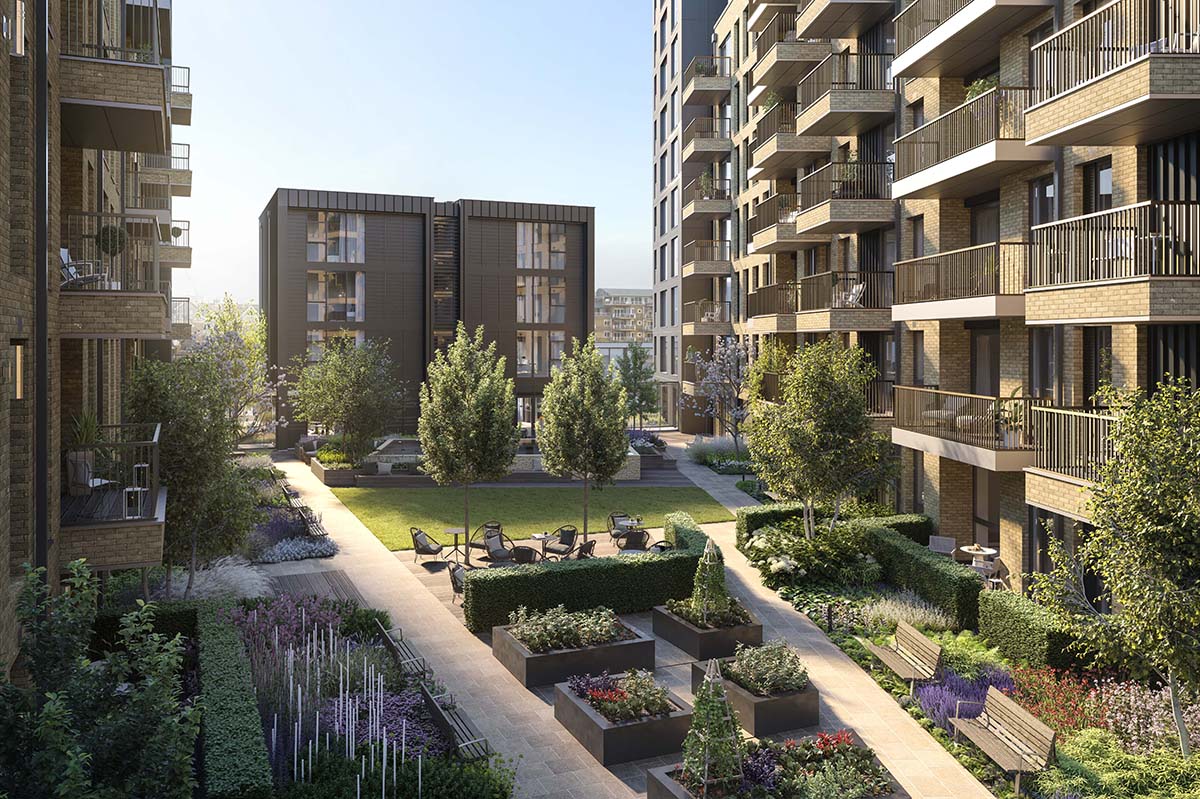
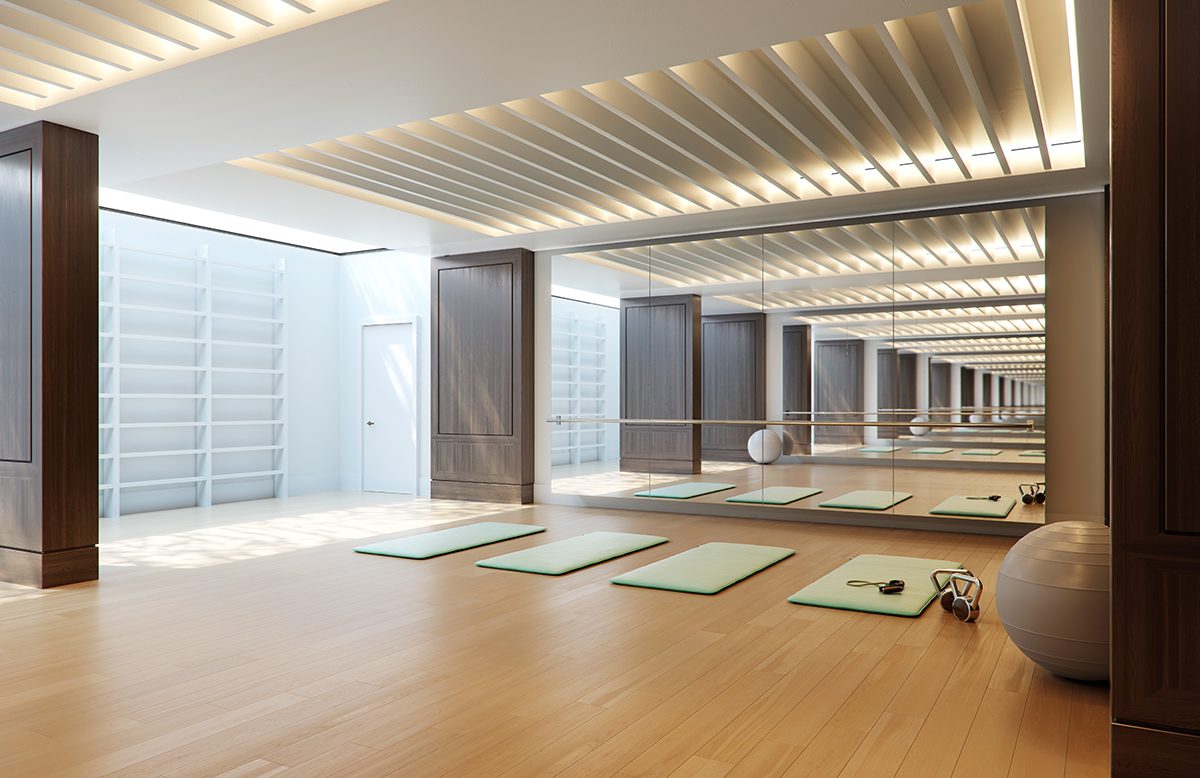





Recent Comments